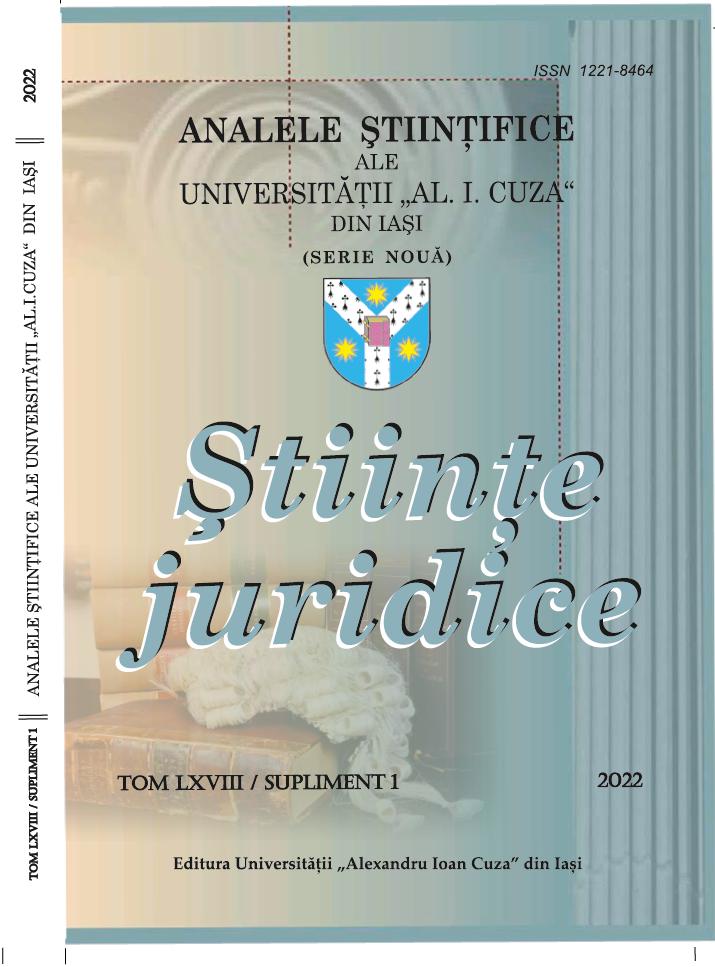Despre „nevinovăție” în dreptul procesual penal român și în criminalistică
About “Innocence” in Romanian Criminal Procedural Law and in Forensics
Author(s): Alin PetreaSubject(s): Law, Constitution, Jurisprudence, Criminal Law
Published by: Editura Universităţii »Alexandru Ioan Cuza« din Iaşi
Keywords: presumption; innocence; criminal; material guilt; evidentiary innocence;
Summary/Abstract: Although it benefits from a wide normative recognition and is always present in the pleadings and motivations of the legal actors, the presumption of innocence remains a vague concept, too little delimited conceptually. In the same register of conceptual uncertainty is placed the term innocence, which is understood in countless ways, from a total lack of involvement of the accused in criminal activity, to a functional inability of the evidence in the case to prove the guilt of the person who, in fact, committed the crime of which he is accused. This study aims to clarify the normative meaning of the term innocence in the Romanian Code of Criminal Procedure. To achieve this goal, we classified innocence, through an exercise involving an oppositional interpretation of the concept, into two main categories: material (factual and substantial) and probatory. Analyzing the raison d'être of the presumption of innocence, as well as the incident legal framework in the matter, I came to the conclusion that the current Romanian Code of Criminal Procedure enshrines an probatory ihnnocence, which means, in essence, that at the beginning and during the trial the judge must start, in the reasoning he makes, from the premise that nothing has yet been proved in connection with the legal situation of the accused.
Journal: Analele Științifice ale Universităţii Alexandru Ioan Cuza din Iași, seria Ştiinţe Juridice
- Issue Year: LXVIII/2022
- Issue No: 2
- Page Range: 23-41
- Page Count: 19
- Language: Romanian

